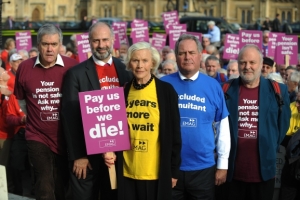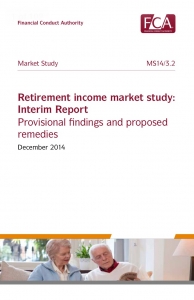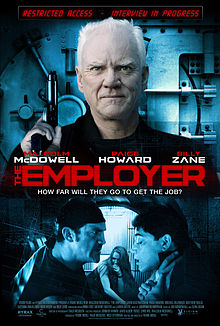The Rising
Dominic Thomas
October 2023 • 3 min read
The rising
We have all been aware that prices have been rising, some rather more than the officially stated rate of inflation (are they kidding?). You are equally likely to be aware that interest rates on cash deposits have been slowly creeping up, reflecting the Bank of England lending rates. Most of the Banks and Building Societies were shamed into increasing rates by the regulator, the financial cartel has slowly limped to improvement in their offerings. At the time of writing, global equity markets are up about 7.28% over 12 months or 9.96% since the start of 2023.
This has also meant an increase in annuity rates, which are a fair bit higher than 12 months ago. Annuity rates are based on life expectancy and economic conditions, notably interest rates. For example, over the last year, according to Standard Life, annuities are up about 20%. However a little warning about the statement, there is a sense of ‘if only’ about these sorts of things…
If you were quoted for an annuity last year at age 65 (for example) you would be 66 now. As a result your annuity quote would be more anyway due to the fact that you are a year older. The older you are the better the deal, because it’s about your life expectancy (how much is left of it).
If you had bought an annuity last year at the prevailing rates, you may be a little miffed, as most of them do not increase with inflation each year. In simple terms you use a pension fund (usually) to buy a fixed income for life. This is either just in your name or with a spouse benefit (the income will continue at the same level or a lower amount each year). When the annuitant dies, generally the annuity stops, unless there is a spouse benefit or a special guarantee has been bought (so would pay the estate). You can certainly have an increasing annuity, but normally at fixed terms of 3% or 5% at the most. However these are costly and tend to be much lower, typically taking 12 years to catch up before actually paying more each month than a level annuity.
Let’s suppose you have £100,000 and are 65 – a single life, level annuity would provide about £7,462 a year (roughly). If you had been born a year earlier and turned 65 in 2022, you would have an annuity paying around £6,218 a year. This is nothing to do with investments performance, but everything to do with interest rates. Over time, that difference becomes more significant the longer you live.
The other odd thing about annuities is that if you are not in great medical shape, you may well qualify for an enhanced annuity, perhaps 30%-40% more. This is due to the expectation that your life will be shorter than average.
So had you waited you would be able to get a bigger annuity, if your health had worsened you would have a better annuity, if your spouse had died, you would get a better annuity. All pretty grim really. These are all things that we cannot predict, other than that you age. It’s also why we ask you about your health and plans. These are not insignificant issues. Let’s talk about them.














